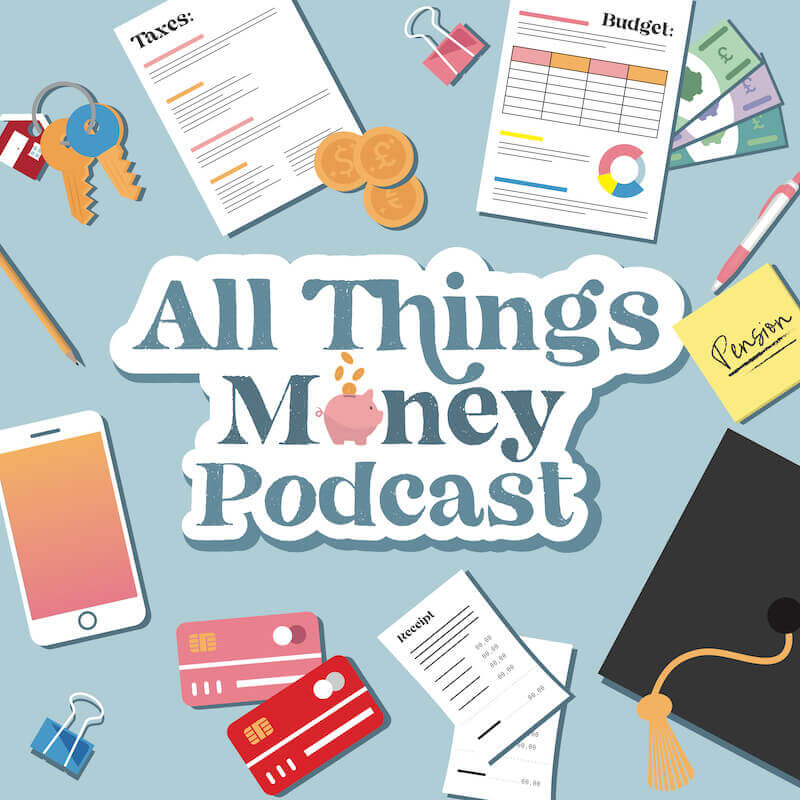Grab tickets to our next LIVE event today 🚀
With the cost of living continuing to increase, more and more people are finding it increasingly difficult to afford their basic living costs on their wages alone.
There are several benefits which you could be entitled to so it’s worth checking your eligibility. Free debt advice provider, PayPlan, has put together an outline of Universal Credit and the different elements you could be entitled to.
What is Universal Credit?
Universal Credit is a monthly benefit available to some people who are on low incomes, out of work or unable to work. In the UK, Universal Credit has replaced Child Tax Credit, Housing Benefit, Income Support, Income-Based Job Seeker’s Allowance (JSA) and Working Tax Credit.
This change has affected millions of people, who have not only had to adapt from receiving weekly payments to monthly payments, but in some cases found that their entitlements have changed too.
What could I receive with Universal Credit?
The Universal Credit rate changes every April, at the start of every tax year. The amount you receive will differ and is dependent on your situation. In April 2022 the Universal Credit rates will be:
Standard allowance:
Child elements:
Disabled child additions:
Limited capability for work support:
Carers:
Childcare costs amount:
Non-dependants:

What is a Universal Credit advance?
If you don’t have enough money to live on while you wait for your first payment, you can ask for an advance payment after you have submitted your Universal Credit claim. This payment will help you with your bills and other costs in the interim.
The maximum advance you can receive for an advance payment is equal to the amount of your estimated Universal Credit payment. Your JobCentre Plus work coach can help you to apply for an advance payment, or you can apply for it using your online account.
When you apply you’ll need to verify your identity, explain why you need the advance and provide your bank account details.
If you have received an advance payment, you’ll start paying it back when you get your first Universal Credit payment. The repayments for your advance are deducted from your Universal Credit, so the amount you receive for your Universal Credit will be lower than the estimated amount until you have repaid it.
Advance payments are interest-free, but you must pay it back within two years.
Find out more about Universal Credit advance payments here.
If you would like to find out whether or not you are eligible for Universal Credit, click here to find out and here to start your Universal Credit claim.

The All Things Money Podcast is a personal finance podcast designed to help kickstart your personal finance journey.
Join me for light-hearted and chatty conversations as I cover a wide range of personal finance topics we weren’t taught at school from budgeting, saving, investing and everything in between!